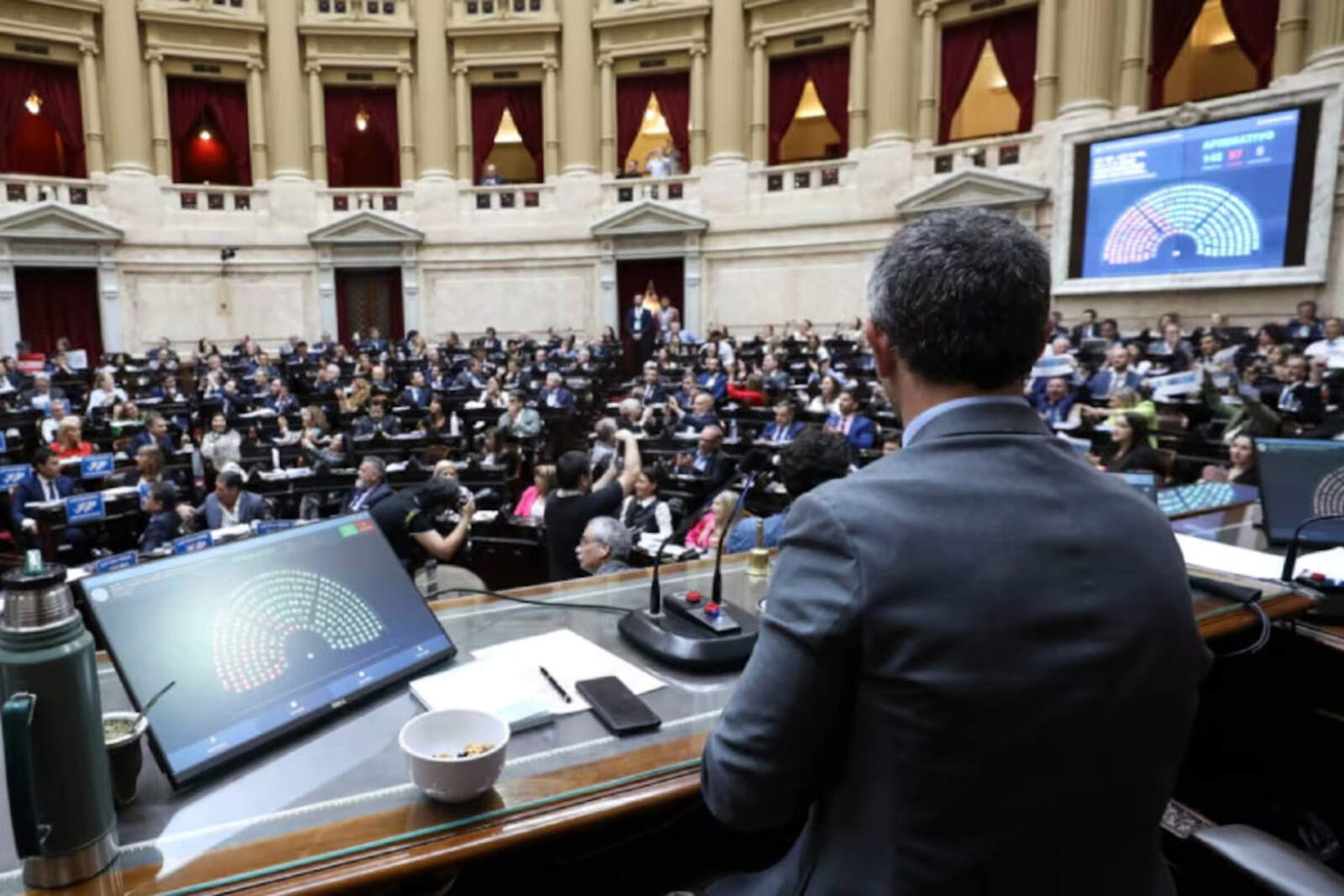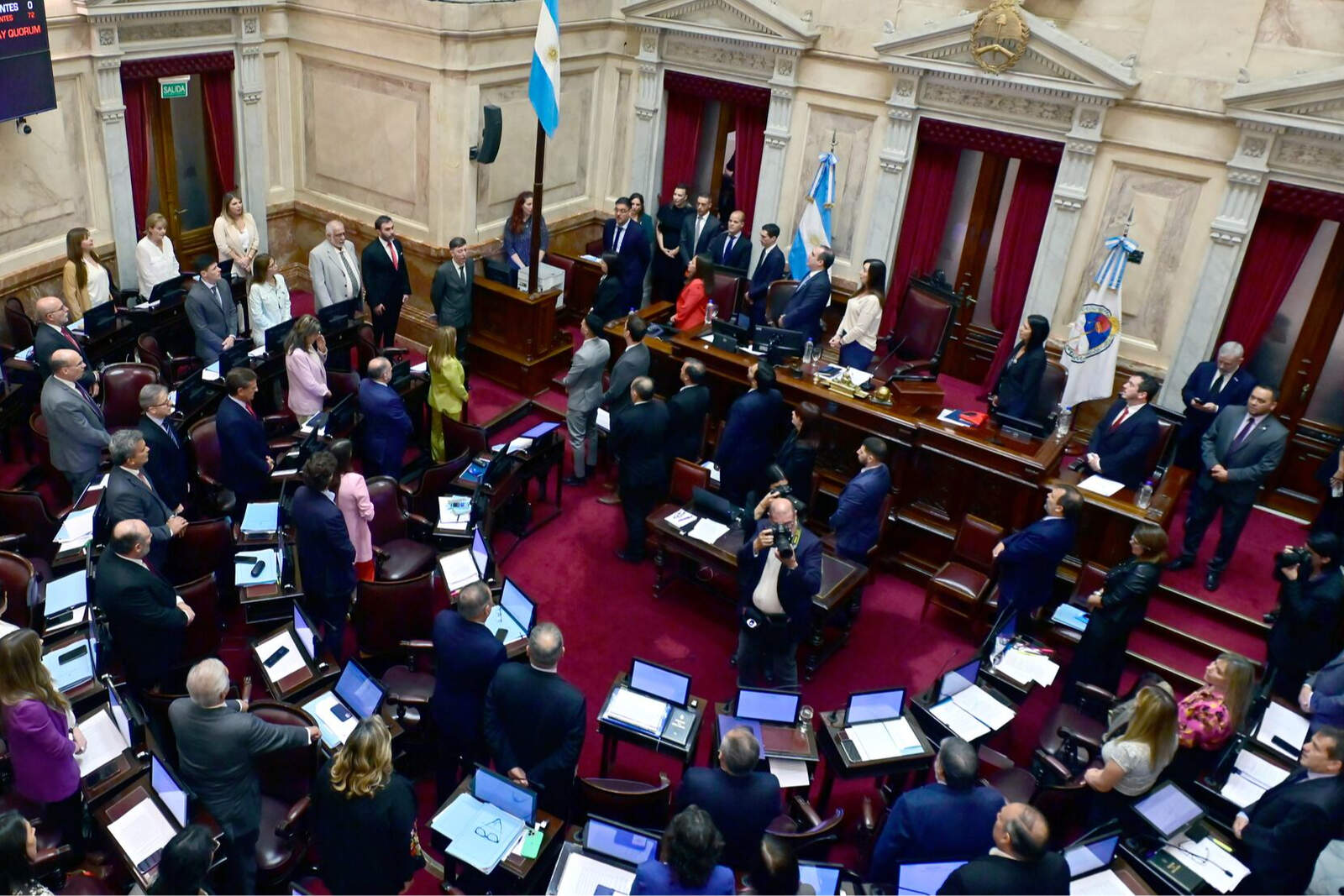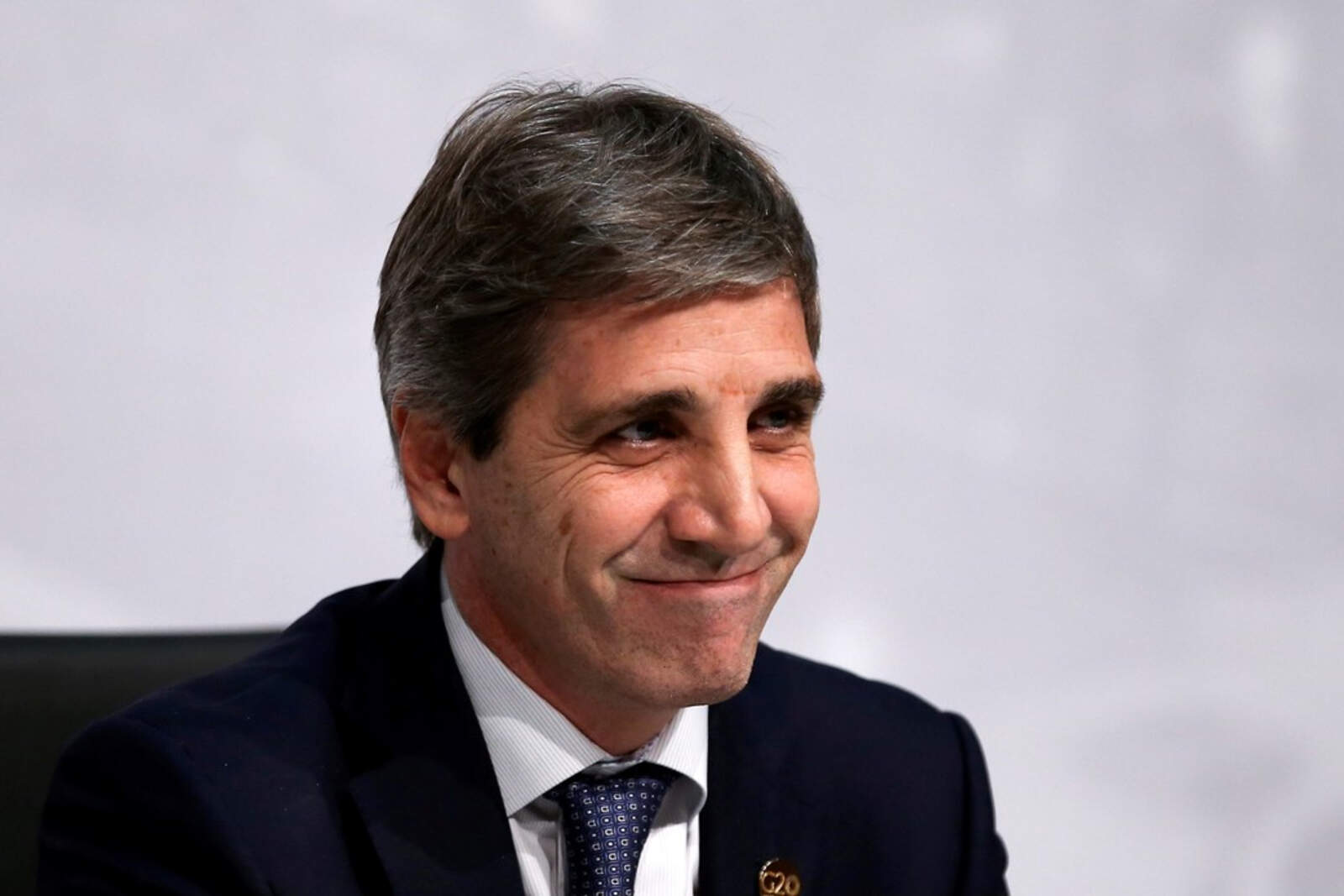Economy Minister Luis Caputo warned on Tuesday about the fiscal impact that the projects promoted by the opposition in the Senate would have, pointing out that their total cost would reach 2.5 points of the Gross Domestic Product (GDP). According to him, these measures would compromise the central anchor of the Government's economic program: zero fiscal deficit.
Caputo stated: "They may keep trying, for sure, since we're three months away from the elections. Two things. First: that shouldn't be normalized, it should be penalized. Second: there's no need to fear that because today we have a healthy economy. So, no matter how much they try, nothing will happen. There may be volatility, that's all. It's not a problem."

This Thursday the Senate will debate five key projects: three with half approval from the Chamber of Deputies—the increase in pensions, the disability emergency, and the extension of the pension moratorium—and two others with unanimous support from governors: the redistribution of National Treasury Contributions (ATN) and changes in the revenue sharing of the liquid fuels tax.
The official calculation indicates that the projects already approved by the Chamber of Deputies would add 1.3 points to the GDP, while those presented by the governors would have a more limited impact, close to 0.11 points, if reallocations of budget items are applied.
Caputo also confirmed that the Treasury carried out "block trades" for USD 400 million, which, together with bond placements, allowed the accumulation of almost USD 5 billion since the agreement with the IMF signed in April. "Since we made the agreement with the Fund in April, we've accumulated almost USD 5 billion. By the end of July, we'll be above the target with the IMF," he stated.
Economists from LCG estimate that USD 1.167 billion still need to be received to reach the quarterly target with the Fund, although the burden of debt payments of about USD 4.5 billion could complicate that achievement.









